Intro
Discover the 7 causes of high blood sugar, including diabetes, stress, and medication. Learn how diet, exercise, and lifestyle changes can help manage blood glucose levels and prevent complications like hyperglycemia and insulin resistance.
High blood sugar, also known as hyperglycemia, is a condition where the level of glucose in the blood is higher than normal. This can be a significant concern for people with diabetes, as well as those who are at risk of developing the condition. Understanding the causes of high blood sugar is crucial in managing and preventing the condition. In this article, we will delve into the 7 causes of high blood sugar and explore ways to mitigate its effects.
High blood sugar can be caused by a variety of factors, including diet, lifestyle, and underlying medical conditions. When glucose builds up in the blood, it can lead to a range of symptoms, including increased thirst and urination, fatigue, and blurred vision. If left unmanaged, high blood sugar can increase the risk of long-term complications, such as heart disease, kidney damage, and nerve damage. Therefore, it is essential to identify the causes of high blood sugar and take steps to prevent or manage the condition.
The importance of understanding the causes of high blood sugar cannot be overstated. By recognizing the factors that contribute to high blood sugar, individuals can take proactive steps to maintain healthy blood sugar levels. This can involve making dietary changes, increasing physical activity, and monitoring blood sugar levels regularly. Additionally, being aware of the causes of high blood sugar can help individuals with diabetes manage their condition more effectively, reducing the risk of complications and improving overall health outcomes.
Causes of High Blood Sugar
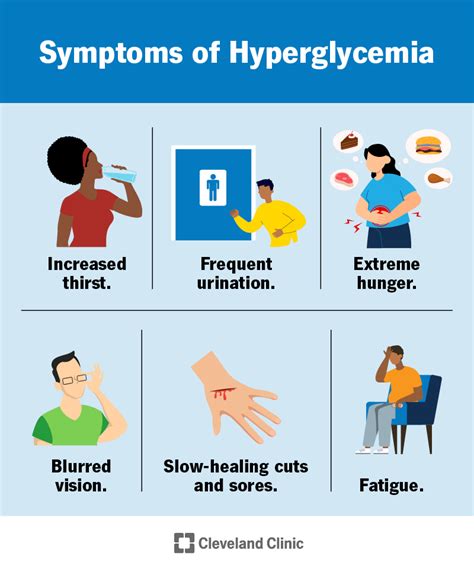
There are several causes of high blood sugar, including dietary factors, lifestyle habits, and underlying medical conditions. The following are 7 common causes of high blood sugar:
Dietary Factors
Diet plays a significant role in blood sugar management. Consuming high-carbohydrate foods, sugary drinks, and saturated fats can contribute to high blood sugar levels. Foods with a high glycemic index, such as white bread and pasta, can cause a rapid spike in blood sugar, while foods with a low glycemic index, such as whole grains and vegetables, can help regulate blood sugar levels.Food Choices and Blood Sugar
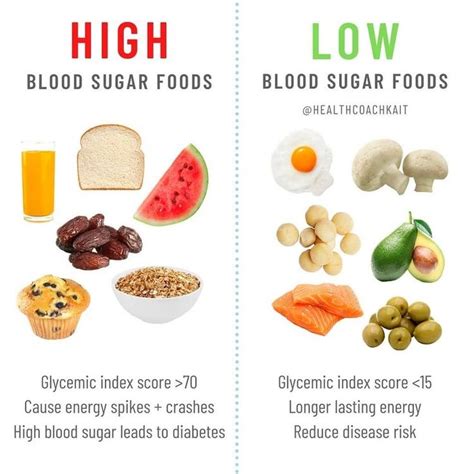
Some specific foods that can cause high blood sugar include:
- Sugary drinks, such as soda and sports drinks
- Refined carbohydrates, such as white bread and sugary snacks
- Processed meats, such as hot dogs and sausages
- Fried foods, such as french fries and fried chicken
- High-fat foods, such as cheese and butter
Lifestyle Habits
Lifestyle habits, such as physical activity and sleep patterns, can also impact blood sugar levels. Regular physical activity can help improve insulin sensitivity, reducing the risk of high blood sugar. On the other hand, a sedentary lifestyle can increase the risk of high blood sugar. Additionally, poor sleep quality and duration can disrupt blood sugar regulation, leading to high blood sugar levels.Physical Activity and Blood Sugar
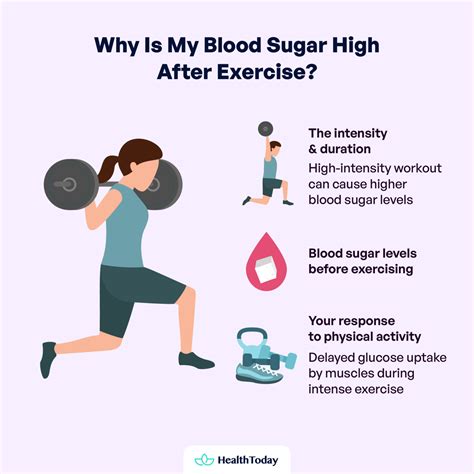
Some lifestyle habits that can contribute to high blood sugar include:
- A sedentary lifestyle
- Poor sleep quality and duration
- Stress and anxiety
- Smoking and tobacco use
- Excessive alcohol consumption
Underlying Medical Conditions
Certain underlying medical conditions can increase the risk of high blood sugar. These include: * Diabetes, including type 1 and type 2 diabetes * Prediabetes, a condition where blood sugar levels are higher than normal but not high enough to be classified as diabetes * Polycystic ovary syndrome (PCOS), a hormonal disorder that can increase the risk of insulin resistance and high blood sugar * Cushing's syndrome, a hormonal disorder that can increase the risk of high blood sugar * Pancreatic cancer, a type of cancer that can increase the risk of high blood sugarMedical Conditions and Blood Sugar
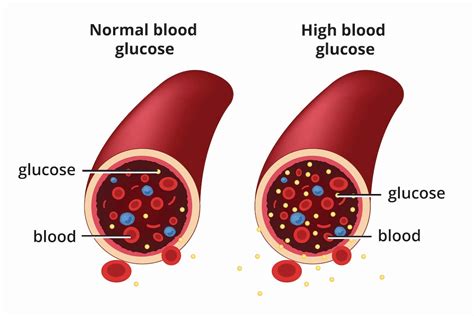
Other causes of high blood sugar include:
- Certain medications, such as steroids and certain psychiatric medications
- Hormonal changes, such as those that occur during pregnancy or menopause
- Stress and anxiety, which can increase the production of stress hormones that raise blood sugar levels
Managing High Blood Sugar
Managing high blood sugar requires a comprehensive approach that incorporates dietary changes, lifestyle modifications, and medical treatment. The following are some strategies for managing high blood sugar:Strategies for Managing High Blood Sugar
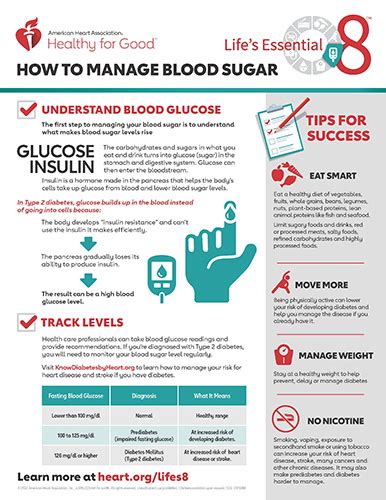
Some strategies for managing high blood sugar include:
- Monitoring blood sugar levels regularly
- Following a healthy diet that is low in carbohydrates and sugar
- Engaging in regular physical activity, such as walking or swimming
- Getting enough sleep and practicing stress-reducing techniques, such as meditation or yoga
- Taking medications as prescribed by a healthcare provider
Preventing High Blood Sugar
Preventing high blood sugar requires a proactive approach that incorporates healthy lifestyle habits and regular health check-ups. The following are some strategies for preventing high blood sugar:Strategies for Preventing High Blood Sugar
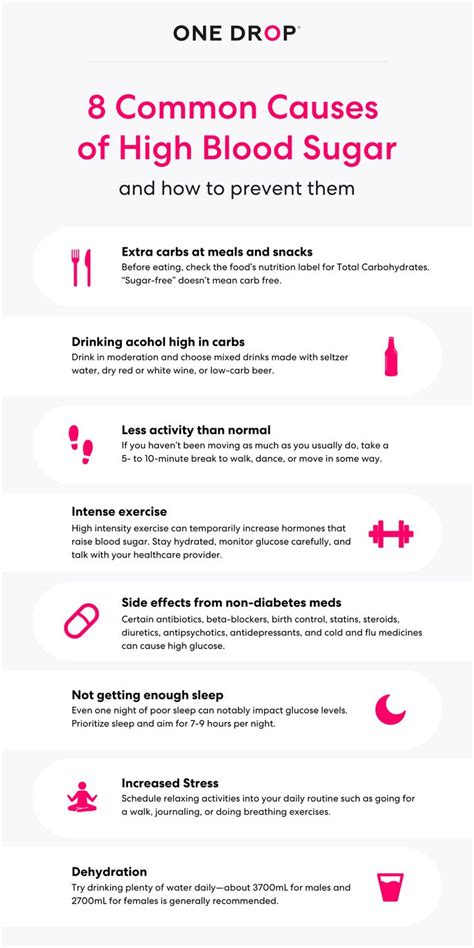
Some strategies for preventing high blood sugar include:
- Eating a healthy diet that is low in carbohydrates and sugar
- Engaging in regular physical activity, such as walking or swimming
- Getting enough sleep and practicing stress-reducing techniques, such as meditation or yoga
- Avoiding smoking and tobacco use
- Limiting alcohol consumption
Conclusion and Next Steps
In conclusion, high blood sugar is a significant concern for individuals with diabetes, as well as those who are at risk of developing the condition. Understanding the causes of high blood sugar is crucial in managing and preventing the condition. By recognizing the factors that contribute to high blood sugar, individuals can take proactive steps to maintain healthy blood sugar levels. This can involve making dietary changes, increasing physical activity, and monitoring blood sugar levels regularly. Additionally, being aware of the causes of high blood sugar can help individuals with diabetes manage their condition more effectively, reducing the risk of complications and improving overall health outcomes.What are the symptoms of high blood sugar?
+The symptoms of high blood sugar include increased thirst and urination, fatigue, blurred vision, and slow healing of cuts and wounds.
How can I manage high blood sugar?
+Managing high blood sugar requires a comprehensive approach that incorporates dietary changes, lifestyle modifications, and medical treatment. This can include monitoring blood sugar levels regularly, following a healthy diet, engaging in regular physical activity, and taking medications as prescribed by a healthcare provider.
Can high blood sugar be prevented?
+Yes, high blood sugar can be prevented by making healthy lifestyle choices, such as eating a healthy diet, engaging in regular physical activity, and getting enough sleep. Additionally, regular health check-ups can help identify risk factors for high blood sugar, allowing for early intervention and prevention.
We hope this article has provided you with a comprehensive understanding of the causes of high blood sugar and strategies for managing and preventing the condition. If you have any further questions or concerns, please do not hesitate to reach out. Additionally, we encourage you to share this article with others who may be interested in learning more about high blood sugar. By working together, we can promote healthy blood sugar levels and reduce the risk of complications associated with high blood sugar.
